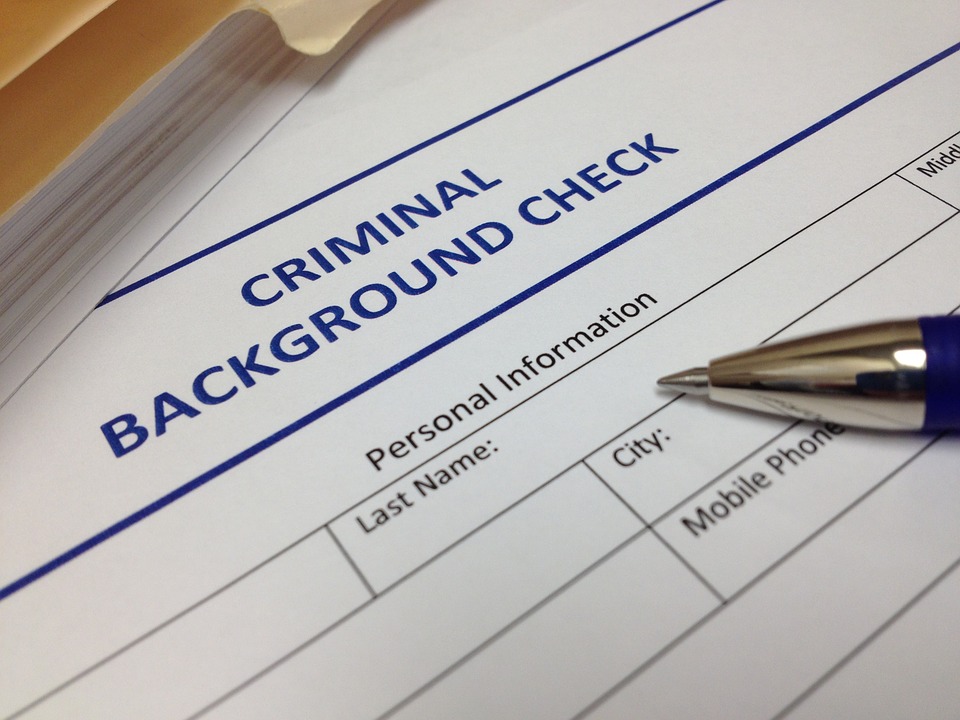Key Difference – Expunge vs Seal
Expunging and sealing are two methods of clearing criminal records, but they can only be applied to certain offenses. Serious offenses, such as manslaughter, homicide, battery, assault, child abuse, kidnapping, carjacking, sexual battery, illegal use of explosives, aircraft piracy, robbery, etc., cannot be sealed or expunged. The main difference between expunge and seal is the accessibility of the records: When a record is expunged, it cannot be accessed even by a court order, whereas a sealed record can be unsealed by a court order.
What Does Expunge Mean?
Expunge refers to the complete removal of something. In legal terms, expunge often refers to the expungement of records. The act of expunging includes the physical destruction of information, including criminal records in files, computers, or other depositories. When a record is expunged, the related files and records are removed and destroyed, making them inaccessible even by court order. It is as if the offense never happened. The person with the expunged record can legally deny the existence of the events on the record, such as on a job application. A person’s records can be expunged in instances when no action is taken, charges are dismissed, or the person is acquitted by a judge or jury at trial.
What Does Seal Mean?
Sealing a record means that it cannot be accessed through normal means. However, unlike expungement, the record itself is not destroyed. A sealed record is kept on file at both the corresponding police office and the courthouse, stored in a sealed envelope to prevent public access. The record is cleared from the court’s computer database. If the person with the sealed record is applying for a job or petitioning for a loan, the relevant institutions will not be able to look into these records during a background check. The person can also legally deny that the events on the record never existed. However, a court order can be obtained to unseal the records. A person can seal their records if they entered into a plea, went to trial, and the court withheld the conviction against them.
What is the difference between Expunge and Seal?
- Expunge: All related files and records of the offense are removed and destroyed.
- Seal: Sealed record of the file is placed at the courthouse and the police; it is removed from the database.
- Expunge: The record cannot be accessed even by court order.
- Seal: The record can be unsealed by court order.
- Expunge: A record can be expunged in case of no action, dismissal, or acquittal by jury.
- Seal: A record can be sealed if the adjudication is withheld.
